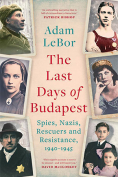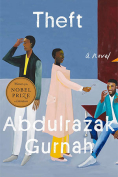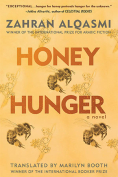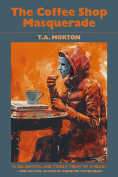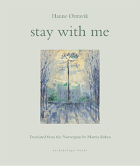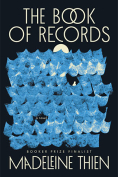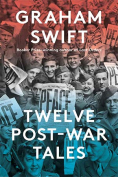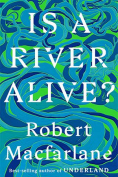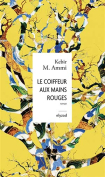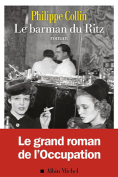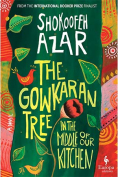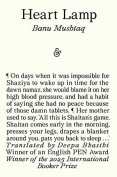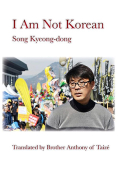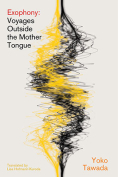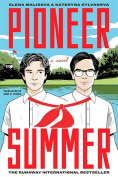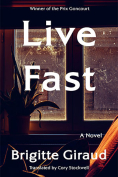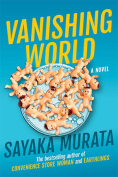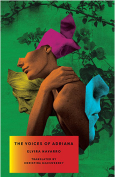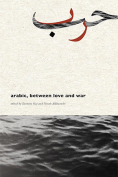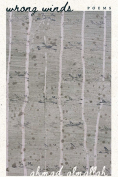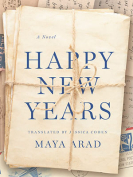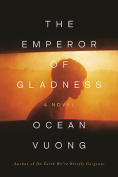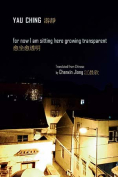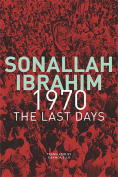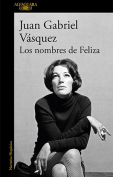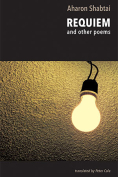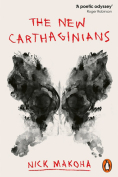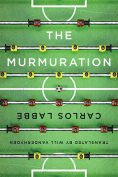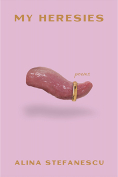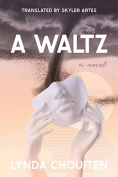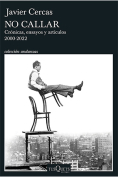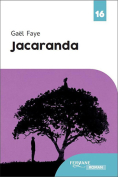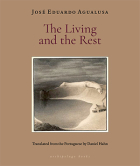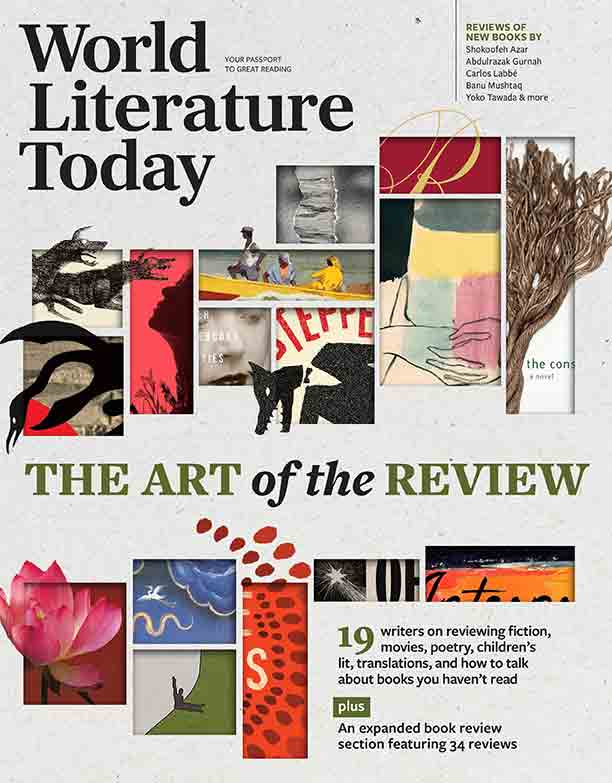Heart Lamp: Selected Stories by Banu Mushtaq
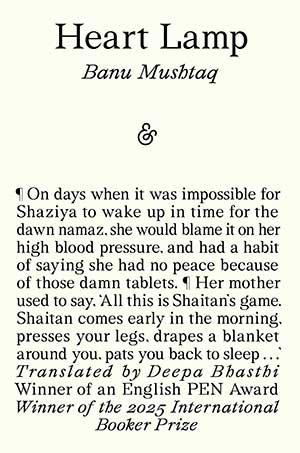
New York. And Other Stories. 2025. 224 pages.
Heart Lamp—winner of the 2025 International Booker Prize—is a resonant short-story collection that illuminates the lives of Muslim women in South India, tracing their lives as they hold families, communities, and cultural legacies together. The collection pays tribute to the often-invisible labor of women, portraying them as vessels of warmth, resilience, and enduring light.
Banu Mushtaq’s writing centers on domestic and communal spaces—a cluttered kitchen, a too-tight pair of high heels, a beloved ja-namaz covered in grease stains. The book shows how women construct community not only through labor and ritual but through emotional intelligence and a fierce, often unspoken, moral architecture. In this way, Heart Lamp redefines heroism. It is found not in spectacle but in the steady flame of presence.
A key strength of the collection is its intergenerational focus. Mushtaq delves into the complex relationships between grandmothers, mothers, and daughters. In the titular story, “Heart Lamp,” Mehrun, struggling with her husband’s infidelity, is reminded by her daughter of her inner strength, which she has passed down to her children. Similarly, in “Be a Woman Once, Oh Lord,” a mother imparts not just comfort but a coded understanding of how to navigate a world that burdens women with disproportionate suffering. These relationships serve as emotional anchors and narrative devices through which wisdom is preserved or, at times, diluted.
Despite its emotional depth and lyrical prose, Heart Lamp occasionally risks narrative repetition. Many of the stories share themes of domestic abuse or emotional neglect, with similar plotlines that can blur into one another. The repeated depiction of suffering wives, silent endurance, and cycles of rage sometimes makes the stories feel predictable, diminishing their impact.
At the core of Heart Lamp is a profound metaphor: women as both the container and the flame. The book positions women as active agents in the sustenance of society, holding within them the emotional and cultural heat necessary to keep communities alive. Heart Lamp asks us to consider: Who are the unseen lamps in our own lives? Who bears the burden of keeping the fire lit? Mushtaq does not offer easy answers, but she does offer reverence for the women who uphold communities, who glow quietly in corners, and whose stories flicker with uncontainable life. Heart Lamp is a reminder that to understand a society, we must listen not only to its loudest voices but to its steadiest lamps.
Anusha Fathepure
Norman, Oklahoma
